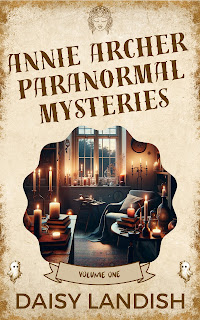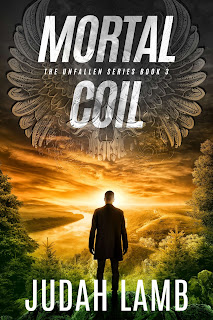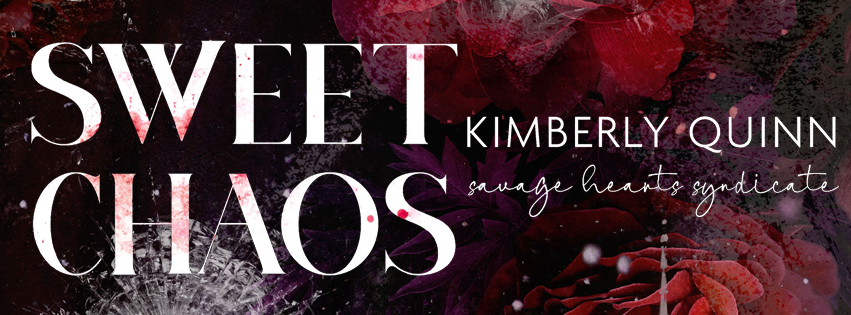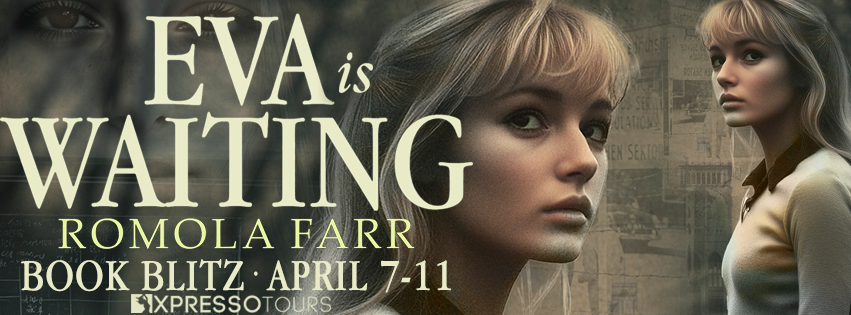Historical Fiction
Date Published: 10-25-2024
Publisher: Counterpoint Press
As the drumbeat of the American Revolution grows ever closer, Scotsman-turned-American-patriot Duncan McCallum must navigate treacherous cultural and political waters if he’s to secure a fighting chance for the fledgling nation in this gripping installment of the acclaimed Bone Rattler series.
Interview with Eliot Pattison
Have you read anything that made you think differently about fiction?
I had been writing novels for several years when I came across Emerson’s observation that “Fiction reveals truth that reality observes.” That quote stayed with me and emboldened me to push my characters into more extreme, even unlikely, scenarios. I realized they could distill truths out of scenes beyond the usual human experience, and speak in dialogue that compressed that experience into truths that otherwise seldom get spoken. Ernest Hemingway said it a different way: good books “are truer than if they had really happened.”
How do you select the names of your characters?
Some of my characters are actual historical figures, so no selection is involved—although some authentic names can sound a bit far-fetched, e.g. Hercules Mulligan, the New York tailor and spymaster. For my truly fictional characters the process is inevitably subjective; I seek names that resonate with the particular character and context I am creating. My protagonist in The Bone Rattler Series is a Highland Scot, so Duncan was a better fit than, say, Ralph. Name selection is an intuitive process—there are no rules to follow.
Do you hide any secrets in your books that only a few people will find?
Once in a while I will use a name taken from ancestors or living relatives, a little secret that can only be detected within my clan. I also often convey esoteric details of 18th century life without pausing to explain them; these in a sense become little secrets, invitations for serious historical fiction fans to further explore their rich, colorful context.
What was your hardest scene to write?
In Freedom’s Ghost I had to present the Boston Massacre in all its gruesome details since it figures importantly in my plot, taking on the air of a murder conspiracy. I weighed several approaches to this challenge, and settled on an indirect perspective, built around varied accounts from witnesses and the horror of my main character as he encounters the body of a friend.
Do you want each book to stand on its own, or are you trying to build a body of work with connections between each book?
As with my ten-part Skull Mantra series, each book in this Bone Rattler series (now seven volumes) can be read on its own, with no assumption that the reader has read the prior entries. The series does build on the same core characters so the dedicated reader can have a deeper experience by reading them in sequence, witnessing how they suffer painful setbacks and prevail against overwhelming odds, each individually evolving during the stressful years preceding the Revolutionary War.
What were your goals and intentions in this book, and how well do you feel you achieved them?
We are dangerously disengaged from our history. As the great Michael Crichton said, “if you don’t know history you are just a leaf that doesn’t know it is part of a tree.” Our history offers so many lessons for our world today, and endless potential for enriching our lives. My goal in writing Freedom’s Ghost, and all the Bone Rattler novels, is to invite readers to experience the founding of our country in an intimate, micro way—as opposed to the sterile macro approach of our history texts. It will be up to my readers to decide if I have succeeded.
What inspired you to write Freedom’s Ghost?
Building on that aim of engaging readers more deeply with our history, I wanted to continue with my characters’ journey as their paths intersect with the major events and crises leading to the founding of the United States. In Freedom’s Ghost, set in 1770, this inevitably takes them to the Massachusetts colony, occupied by four thousand angry British troops, and the tragic Boston Massacre.
Can you tell us a little bit about the next books in the Bone Rattler series or what you have planned for the future?
As Duncan treks down his Bone Rattler path he will find himself in unexpected and dangerous conflicts, all leading to the Revolution and transforming his life in the process. I am also working on a new contemporary series, exploring the torment of intelligence operatives in a world of mixed loyalties, confused motives, and fading national borders—the first novel has already been published in Germany.
Can you tell us a little bit about the characters in Freedom’s Ghost?
I go to great lengths to reflect the incredibly diverse population of colonial America, meaning my core characters include not only elites of the day but also rebellious females, wise old Native Americans, slaves, Jewish immigrants, Scots compelled into indentured servitude, Germans, Welsh and Irish, each with their own poignant story. By weaving those elements together I can provide a more authentic glimpse into our amazing 18th century underpinnings.
What did you enjoy most about writing this book?
I always take my backstory into new controversies and new geographies, elements that require me to research unfamiliar aspects of the 18th century. In my prior novel of the series, The King’s Beast, I took great delight in learning more about the political significance of the Transit of Venus and the reaction of society to mysterious fossils discovered in the Kentucky wilderness. In Freedom’s Ghost I enjoyed learning about the surprisingly important role that Gloucester, Massachusetts, played in our history as well as the emotional and physical burdens of living in a Boston suffocated by the brutal occupation of the King’s troops.
About the Author
ELIOT PATTISON is the author of the Inspector Shan series, which includes The Skull Mantra, winner of an Edgar Award and finalist for the Gold Dagger. Pattison’s Bone Rattler series follows Scotsman Duncan McCallum on the road to revolution as he fights to protect the cause of freedom. Pattison resides in rural Pennsylvania.
Contact Links
Purchase Links


































































0 comments:
Post a Comment